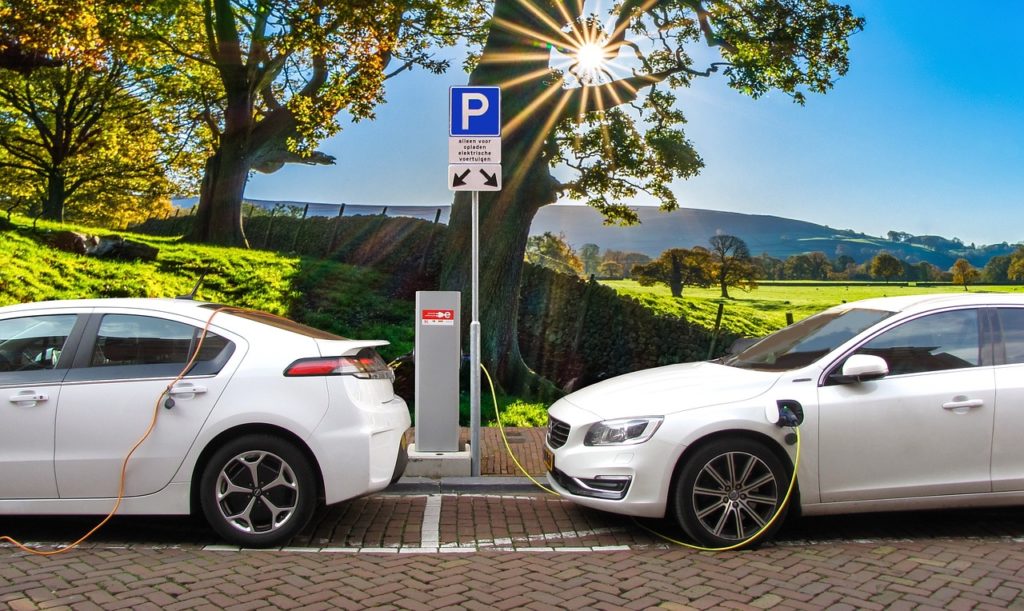All opinions are mine and mine alone.
4 Myths About Electric Cars (And Why They’re Wrong)
It seems like the era of the combustion engine is beginning to come to an end. It had a good run of over a century, but the times are changing. With concerns about air quality, the diesel scandal, and numerous countries pledging to eradicate petrol and diesel cars in the near future, it seems the end is nigh for the combustion engine.

Thankfully, there’s a viable alternative: electric cars. However, many people simply don’t believe that electric cars are a viable alternative, and this misconception is due in no small part to the number of myths surrounding the concept. In an effort to redress the balance and deliver some truth to the debate, let’s indulge in a little mythbusting…
MYTH: “Only small manufacturers are interested in developing electric cars.”
Admittedly, the first companies to experiment with electric cars were more minor brands, but times have changed. We now live in a world where there’s plenty of options, from the Mercedes electric car range to the likes of Jaguar even working on electric versions of popular vehicles. The big, popular manufacturers may have taken a little longer than niche companies to jump aboard the electric bandwagon, but they’re now leading the way.
MYTH: “Electric cars only work for small journeys.”
This may have once been the case; the early electric cars tended to have a range of less than 100 miles. However, the technology has improved leaps and bounds, and many electric cars are now about to offer a range of between 200-300 miles. These improvements, combined with the availability of electronic charging points and roads that can charge electric cars while being driven on, make charging and running a car easier than ever.
MYTH: “Electric cars will place too much of a strain on the electrical grid.”
It’s easy to see why this myth is popular, as it seems to be common sense: if everyone suddenly plugs their cars in at night, the surge in electricity demand would cause blackouts… wouldn’t it? Well, potentially (and it is only a theoretical possibility), but there’s already an answer in place to prevent this exact scenario: smart charging.
MYTH: “Emissions just move from tailpipe to smokestack.”
This myth suggests that the emissions required to produce enough electricity for electric cars are just as bad as the emissions that are produced by standard combustion engines. Thankfully, this myth is well and truly busted. More and more electricity is now being produced by renewable sources, and this will only become more common over the next 10 years. In comparison, tailpipes will always produce high emissions that can be damaging to human health.
In conclusion
Electric cars are not without their faults; no one is trying to pretend that they are a wonderful solution that has no possible downsides. However, some of the most pervasive myths about electric cars are the most damaging, and the most incorrect. By fighting back against these alternative facts, electric cars will hopefully be able to win the public around and bring forth a new era of automotive achievement.



Speak Your Mind